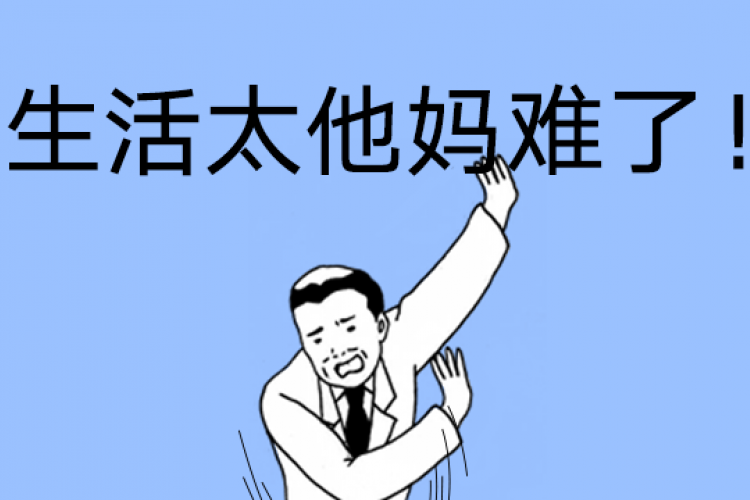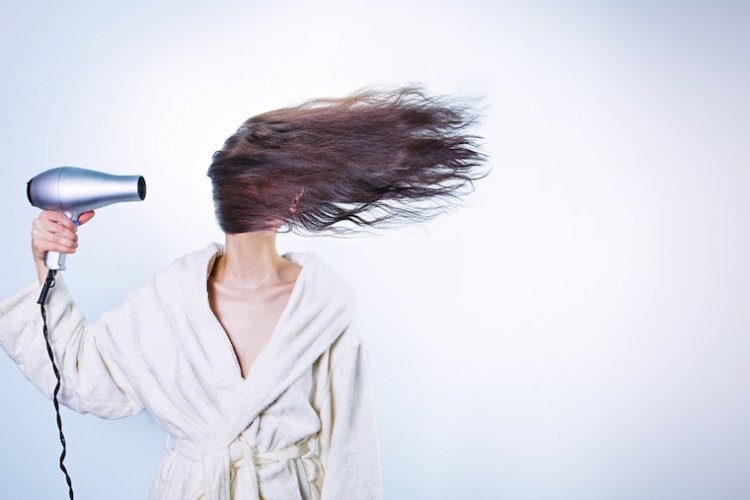Mandarin Monday: Uncovering Beijing's Nostalgic Tunes
Sprucing up your Chinese skills can be an exciting journey, and it gets even more fascinating when you blend language learning with music. I once bumped into an expat musician who swears by this method. Conversing fluently in Chinese, he exclaimed to me "you know, I honed my Chinese skills by grooving to songs!" With his intriguing insight in mind, I've put together a playlist of nostalgic tunes that many Beijingers fondly remember from their childhood. So, get ready to transform your mundane Monday into a melodious Mandarin Monday!
让我们荡起双桨 Let's Paddle with Twin Oars
This tune is a familiar melody that resonates with every Beijinger. It's the song my mom would often serenade me with during my childhood. The song paints a vivid picture of Beihai Park, a cherished memory lane for many locals. Here's a little sneak peek into the lyrics:
让我们荡起双桨 小船儿推开波浪
Ràng wǒmen dàng qǐ shuāng jiǎng xiǎochuán er tuī kāi bōlàng
(Let's paddle with twin oars, our small boat slicing through the gentle waves,)
海面倒映着美丽的白塔 四周环绕着绿树红墙
Hǎimiàn dàoyìngzhe měilì de bái tǎ sìzhōu huánràozhe lǜ shù hóng qiáng
(A stunning white pagoda reflects on the water's surface, encircled by verdant trees and crimson walls.)
小船儿轻轻飘荡在水中 迎面吹来了凉爽的风
Xiǎochuán er qīng qīng piāodàng zài shuǐzhōng yíngmiàn chuī láile liángshuǎng de fēng
(Our little boat gracefully floats upon the water, as a refreshing breeze playfully tousles our hair.)
Here are some useful Chinese vocabulary words featured in the lyrics:
荡起 Dàng qǐ translates to 'sway' in English, and in Chinese, 荡 Dàng is also used in the term 荡秋千 Dàng qiūqiān, which means to play on a swing.
白塔 Bái tǎ signifies "white pagoda", a common architectural fixture that you'll frequently come across during your China exploration.
飘荡 Piāodàng translates to floating, and it can be used interchangeably with 飘浮 Piāofú. For instance, you can use the popular Chinese phrase 叶子飘浮在水上,Yèzi piāofú zài shuǐshàng which means "the leaves are floating on the water."

丢手绢 Dropping the Handkerchief
"Dropping the Handkerchief" is a song that instantly transports me back to my childhood. I recall the sheer joy of playing this game with my friends. The rules are simple: everyone sits in a circle while one child is chosen to secretly drop a handkerchief behind someone. The unsuspecting player must then swiftly find the handkerchief, jump up, and chase the dropper. The game continues as the dropper tries to complete a full circle and sit down before they're caught. If caught, they must perform a task, like singing a song or dancing.
Here's a look at the lyrics:
丢,丢,丢手绢
Diū, diū, diū shǒujuàn
(Drop, drop, drop the handkerchief)
轻轻地放在小朋友的后面
Qīng qīng de fàng zài xiǎopéngyǒu de hòumiàn
(Gently place it behind a friend)
大家不要告诉他
Dàjiā bùyào gàosù tā
(Everyone, keep it a secret)
快点快点捉住他
Kuài diǎn kuài diǎn zhuō zhù tā
(Hurry, hurry, catch him!)
快点快点捉住他
Kuài diǎn kuài diǎn zhuō zhù tā
(Hurry, hurry, catch him!)
Let's dive into some Chinese vocabulary used in the lyrics:
The term 丢 Diū is versatile in Chinese, with several meanings. In this context, it translates to drop something, signifying the act of letting something fall to the ground. However, in other contexts, it could mean 'lost', as in the phrase 我丢了东西 Wǒ diūle dōngxī ,which translates to "I have lost something".
捉住,Zhuō zhù on the other hand, means to catch. In daily usage, you might come across phrases like 我捉了条鱼 Wǒ zhuōle tiáo yú, meaning 'I caught a fish', or 他被警察捉住了 Tā bèi jǐngchá zhuā zhùle, translating to "he was caught by the police".
小燕子 Tiny Swallows
Tiny Swallows is another beloved tune that just about every native of Beijing knows by heart, particularly when spring rolls around.
The lyrics:
小燕子
Xiǎo yànzi
(Tiny Swallows)
穿花衣
Chuān huāyī
(Adorned in vibrant clothes)
年年春天来这里
Nián nián chūntiān lái zhèlǐ
(Arrive here, year after year, in the heart of spring)
我问燕子你为啥来
Wǒ wèn yànzi nǐ wèi shà lái
(Curiously, I question the swallows on their joyful arrival)
燕子说这里的春天最美丽
Yànzi shuō zhèlǐ de chūntiān zuì měilì
(The swallows respond, claiming the spring here is the most beautiful spectacle)
The term 为啥 Wèi shà is a playful, colloquial alternative to 为什么 Wèishéme, both translating to why in English. Similarly, 最美丽 Zuì měilì means "the most beautiful". In Chinese, we often use 最Zuì to express "the most". For example, 你是最好的 Nǐ shì zuì hǎo de translates to "you are the best", and 他是最英俊的人 Tā shì zuì yīngjùn de rén means "he is the most handsome guy".
READ: Enjoy a Free Godiva Ice Cream Aug 14-16 With Three Easy Steps
Images: Unsplash







